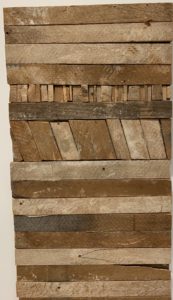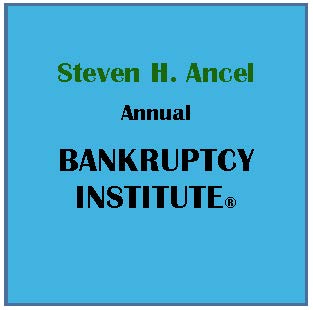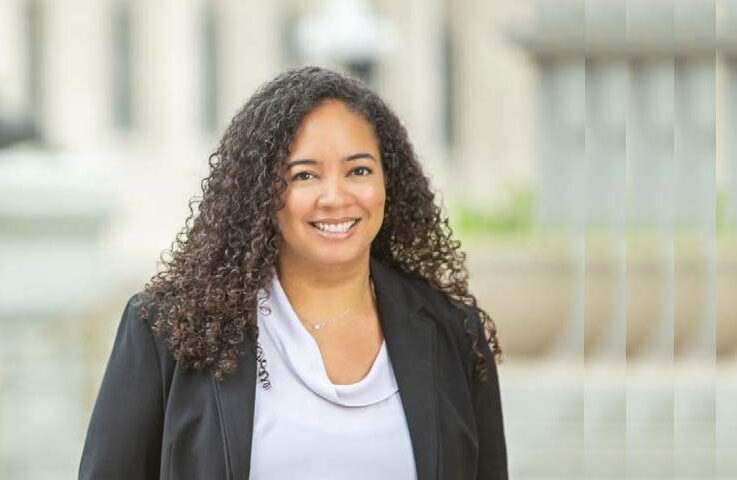Bankruptcy Lawyers – Representation for Creditors, Trustees, and Debtors

When a financial crisis develops, time is of great concern. You must react immediately to meet the challenge. We have extensive experience in workouts, foreclosures and bankruptcy in many industries. Our ability to effectively represent our debtors, trustees and creditors’ committees in bankruptcy can result in a successful case enabling debtors to reorganize or creditors to receive a substantial recovery.
Our experience allows us to evaluate business and legal risks quickly to determine the best direction for you, before favorable opportunities are lost.
Our Bankruptcy Creditor Representation
We represent creditors of all sizes in bankruptcy proceedings. With a sophisticated bankruptcy practice, we employ a streamlined approach in helping creditors preserve assets, foreclose upon secured assets, and take other actions in order to protect their interests.
Trustee Representation
Several of our attorneys have long served as bankruptcy trustees in Indiana. In addition to this service, we also represent trustees in bankruptcy matters, particularly those that involve a large number of creditors and complex liquidation strategies. We are experienced at liquidating unique assets, litigating contested claims and pursuing avoidance actions to recover assets into the bankruptcy estate. Because of our experience as bankruptcy trustees, we can assist trustees with all aspects of administering the bankruptcy estate.
Our Bankruptcy Debtor Representation
We represent large and small companies and individuals in business bankruptcy cases. We have extensive experience in analyzing complex financial issues and advising the client on the best option which may involve a reorganization, in or outside of a bankruptcy case, or an orderly liquidation. Our focus is on developing the best strategy with our client to achieve the desired result to address the financial issues.







